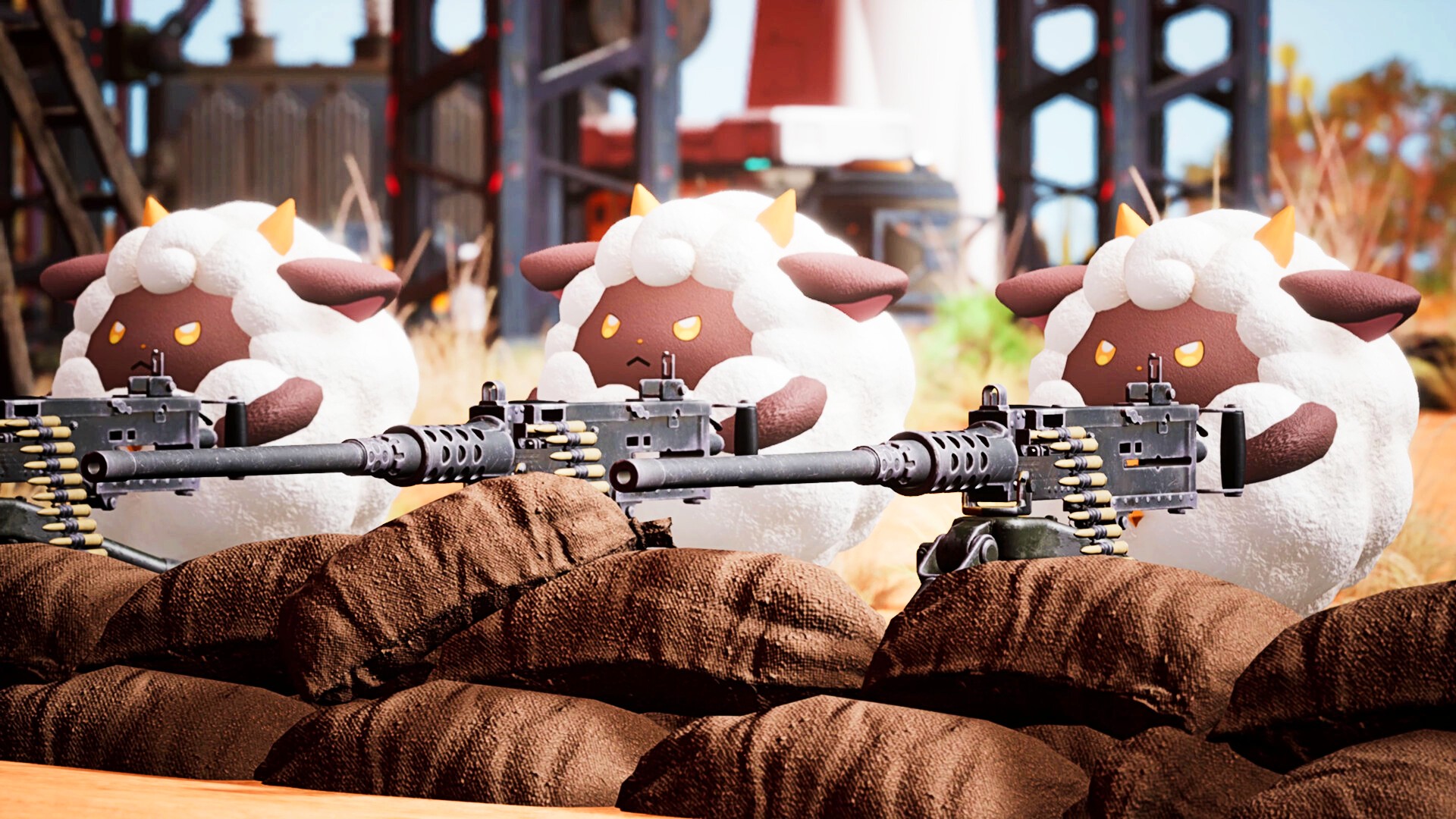Amid the Palworld dispute, one analyst says Nintendo only strikes when it wants to because it "could have sued half the gaming industry back in 2017"
"They have thousands and thousands of patents on other things"

One analyst reckons that Nintendo's laundry list of patents means it could have sued countless games over the years, but the company is only targeting Palworld over its similarities to Pokemon now because it's inclined to do so.
Speaking to Gamesradar+, analyst Serkan Toto explained how Nintendo sued Japanese mobile gaming powerhouse Colopl in 2017 over similar patent infringements, and eventually won ¥3 billion (around $21 million), plus licensing fees that are still being paid to this day. "It took them four years and in the end it was basically a settlement, but Nintendo won, and they sued them on the ground of six patents," Toto says.
Nintendo this week announced that it had filed a lawsuit against Palworld over the creature-collectathon's patent infringement, not copyright infringement, meaning it might have "given up" on arguing that Pals looked too much like Pokemons. While the details of the suit aren't yet public, the focus on patents probably indicates that certain Palworld game mechanics are - as the Big N's legal team will argue - under Nintendo's ownership, for better or for worse.
"They have a patent on when you have an isometric view, and then a character is covered by a tree, for example, the character can still be seen as a shadow," Toto says. "This is in like every single isometric game. They had the desire back in 2017 to spit in Colopl's bowl, and came up with these patents." Nintendo's sweeping list of patents means it likely "could have sued half of the gaming industry back in 2017," according to Toto.
We don't know which patents the Palworld suit is going to revolve around, but it might not necessarily be something as obvious as the much-discussed monster-catching Pokeball patent - it could be something as small as shadowy outlines on characters that are out of view.
"They have thousands and thousands of patents on other things," Toto continues. "And they can decide when they want to initiate a lawsuit, and when they don't want to initiate a lawsuit."
Palworld has become a monster success and shifted tens of millions of sales in the months since its launch, so why did Nintendo choose this particular moment to declare legal action? Toto reckons that "Nintendo felt threatened" as Palworld has began expanding into multiplatform releases, anime, and merchandising of the Pals - areas where The Pokemon Company traditionally makes its billions.
Sign up to the GamesRadar+ Newsletter
Weekly digests, tales from the communities you love, and more
Kaan freelances for various websites including Rock Paper Shotgun, Eurogamer, and this one, Gamesradar. He particularly enjoys writing about spooky indies, throwback RPGs, and anything that's vaguely silly. Also has an English Literature and Film Studies degree that he'll soon forget.


